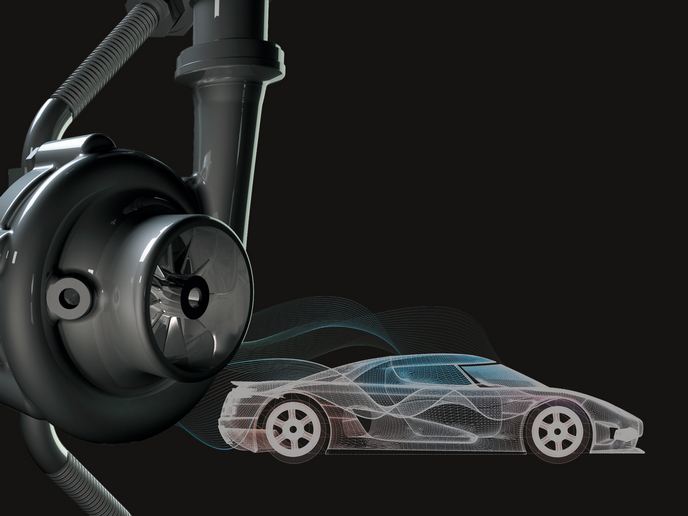Turbocharging a new era of sustainable refrigeration
Electricity consumption associated with refrigeration, air conditioning, and heat pumping currently represents between 25 and 30 % of global electricity consumption. This will increase significantly over the next 30 years due to increasing global temperatures, economic development and urbanisation. Refrigeration and cooling will not only challenge the global energy supply but will also significantly increase CO2 emissions, not to mention contribute to depletion of the ozone layer via leakage of current organic refrigerants. The European Commission has established ambitious goals in its European Green Deal focused on making Europe the world’s first climate-neutral circular economy by 2050. Enhancing the energy efficiency of refrigeration and cooling and finding alternatives to current organic refrigerants will play an important role. The international partnership coordinated by TURBOALGOR has delivered on both these goals, creating a pioneering step change in refrigeration technology with EU support of the Fast Track to Innovation Pilot Cold Energy project.
Turbocharging innovation
Refrigeration and cooling play a fundamental role in the preservation of high quality and safety for food, medicines and other chemical products and are vital to numerous industrial processes. Moreover, the so-called cold chain (the transport of temperature-sensitive or perishable products along the supply chain from processing and storage to transport and distribution) is key to reduction of food waste in a circular economy. Project coordinator Agnese Manni summarises the team’s ground-breaking advances: “Our TURBOALGOR technology improves the cooling capacity of refrigeration systems by up to 56 % and their energy efficiency by up to 23 % applying a long-established technology from the automotive sector – the turbocharger. It is applicable to both old and new compression refrigeration systems and is compatible with a variety of refrigerant fluids.” Internationally patented TURBOALGOR technology makes the compression cycle more efficient by targeting one of the most important points of inefficiency: the expansion valve. The Cold Energy project has resulted in the launch of a new commercially viable line of products that will strengthen the competitive edge of the EU refrigeration industry.
Expanding the market, supporting EU leadership and sustainability
“Our market strategy is initially focused on customers in the retail and pharma sectors. In addition, the German Energy Agency, DENA – Germany’s centre of expertise for energy efficiency, renewable energy sources and intelligent energy systems – is considering us for their Lighthouse Projects to slash the CO2 emissions of industrial processes. This is a great achievement for us, as it confirms we're on the right path,” says Arvea Marieni, international market development strategist. The team is conducting pilots in three plants to date where successful operation for over 15 months has confirmed expectations while demonstrating a return on investment of less than 4 years. “Thanks to participation in the EU project, we not only confirmed our predictions regarding our existing TURBOALGOR technology but have designed a new patented device that can achieve the same benefits using eco-friendly high-pressure CO2 in place of hydrofluorocarbons as the refrigerant. The EU F-Gas Regulation will drive the use of climate-friendly refrigerants – we are preparing to take the lead in the transition” says Manni. Mauro Margherita, CEO of Turboalgor, concludes: “With the critical and growing importance of refrigeration and cooling to society, we expect our patented TURBOALGOR technology to make a significant contribution to sustainable development that mitigates climate change and benefits the safety and well-being of people around the globe.”
Keywords
Cold Energy, energy, refrigeration, cooling, CO2, temperature, compression, turbocharging, cold chain, economiser, heat exchanger, energy efficiency, emissions, turbocharger, inverter, compressor, refrigerant



